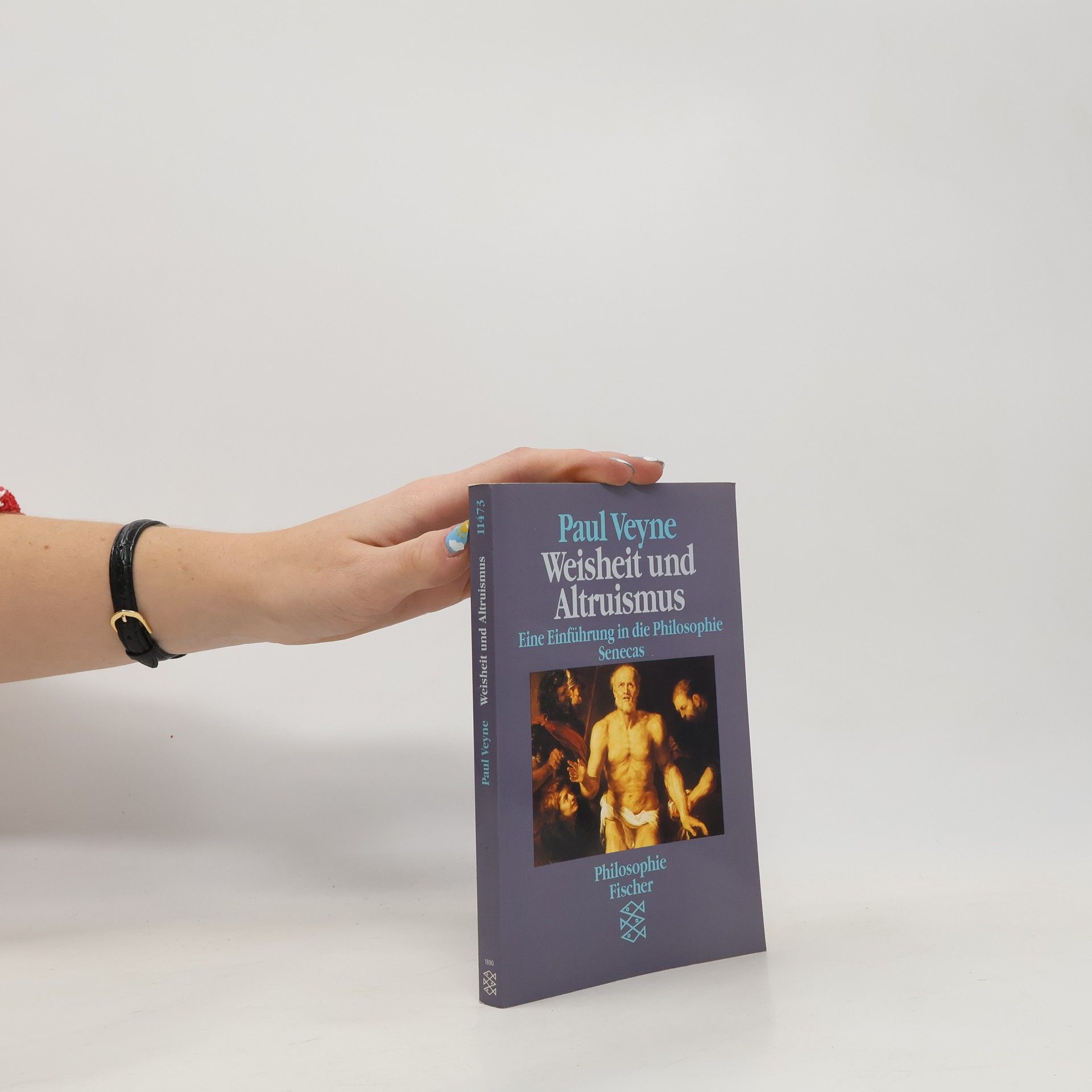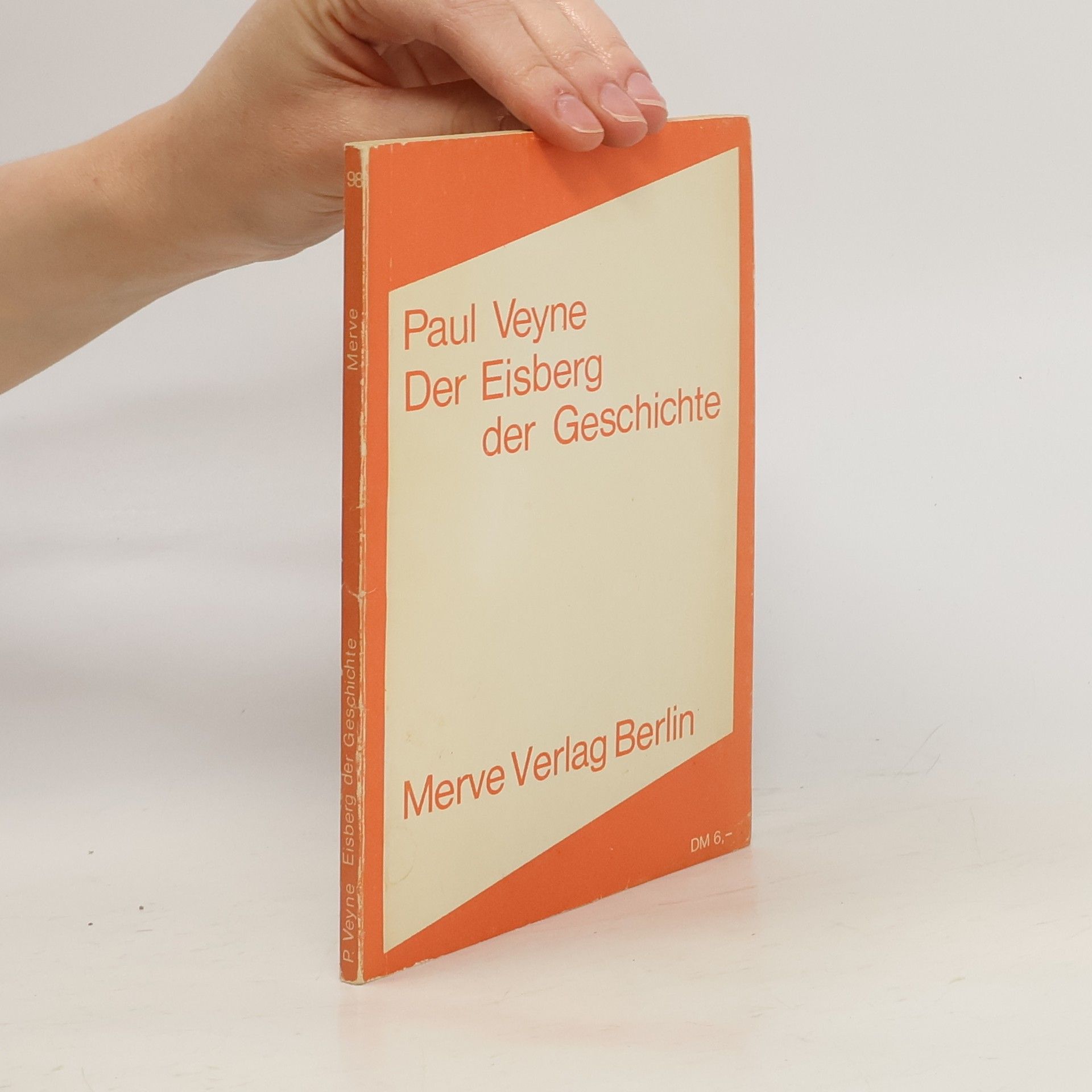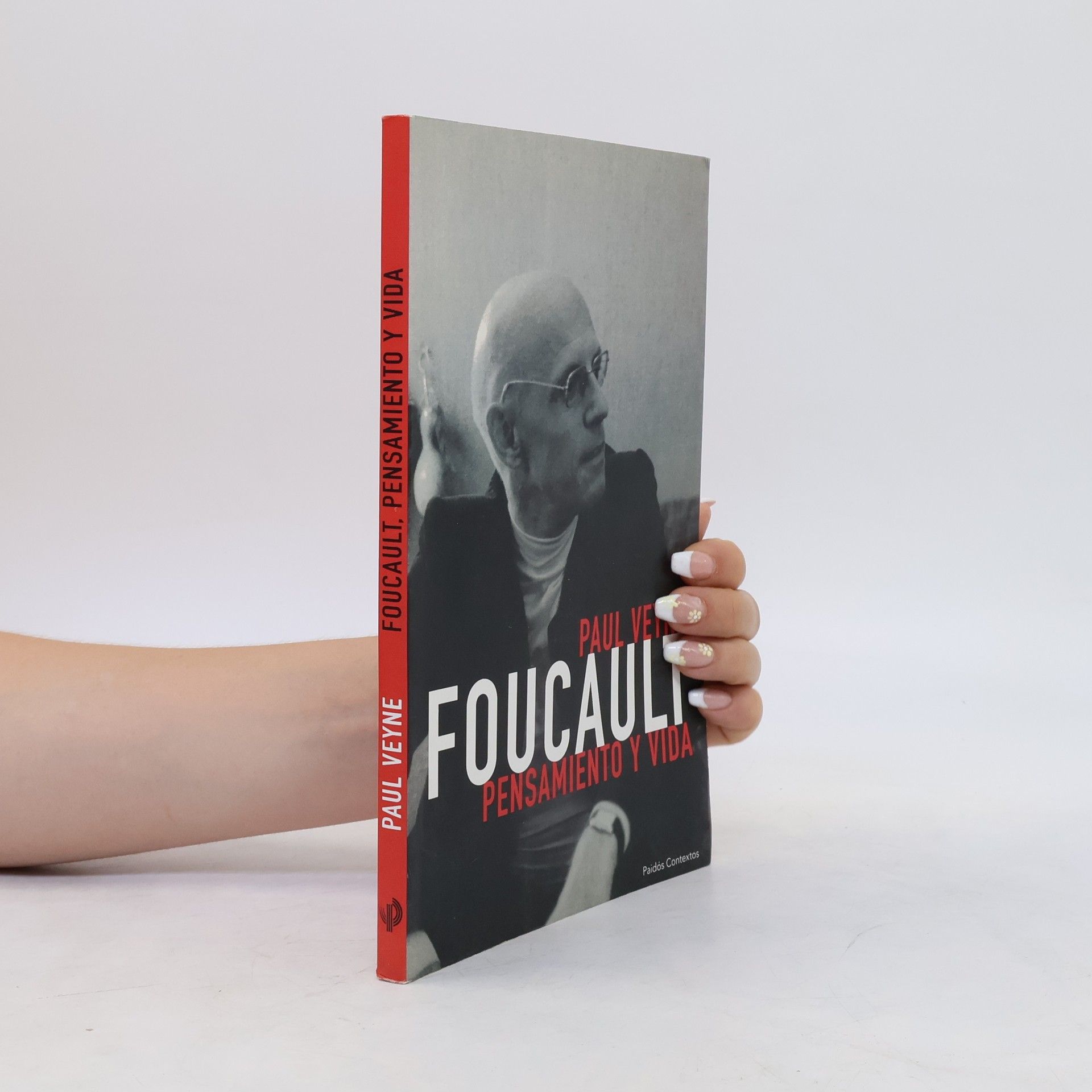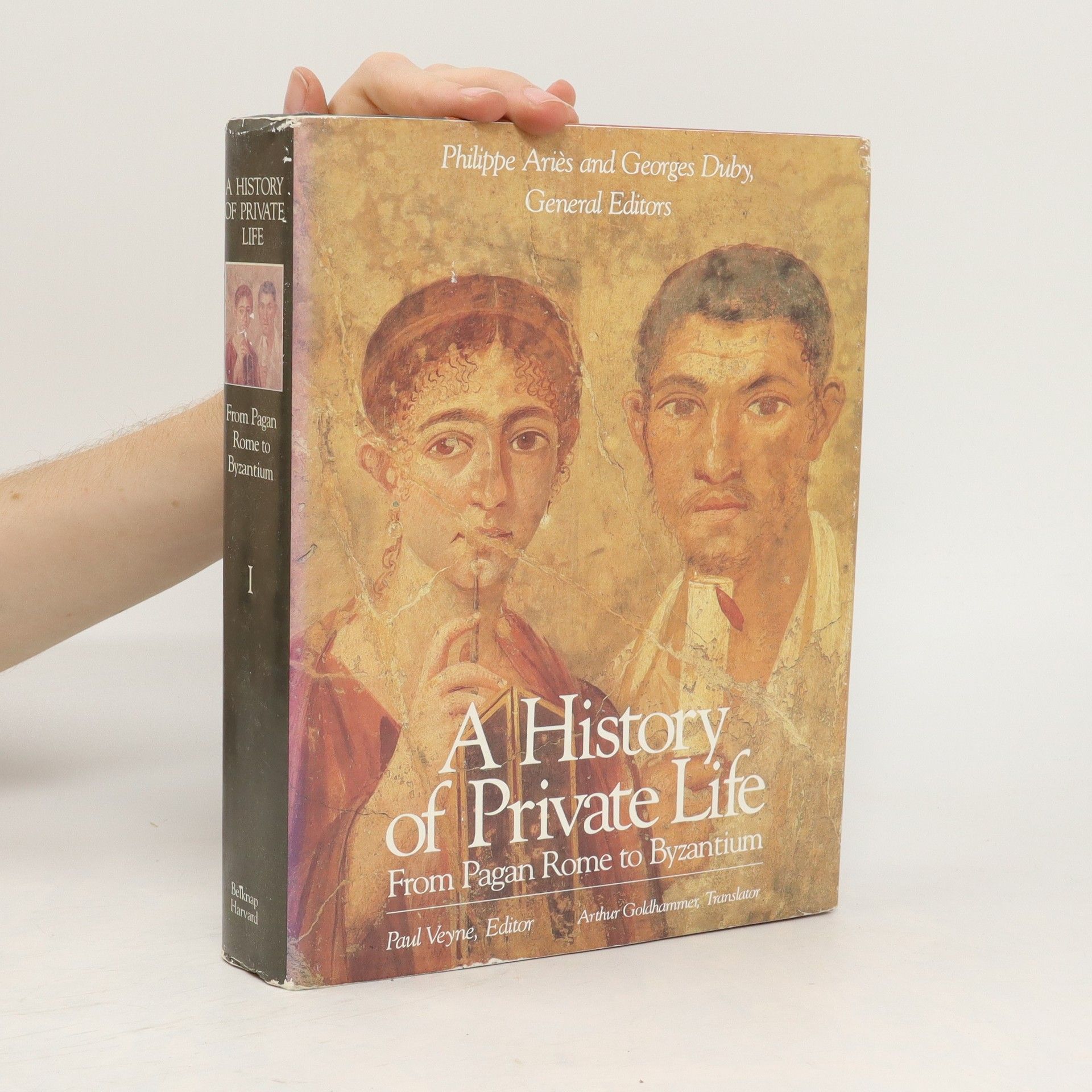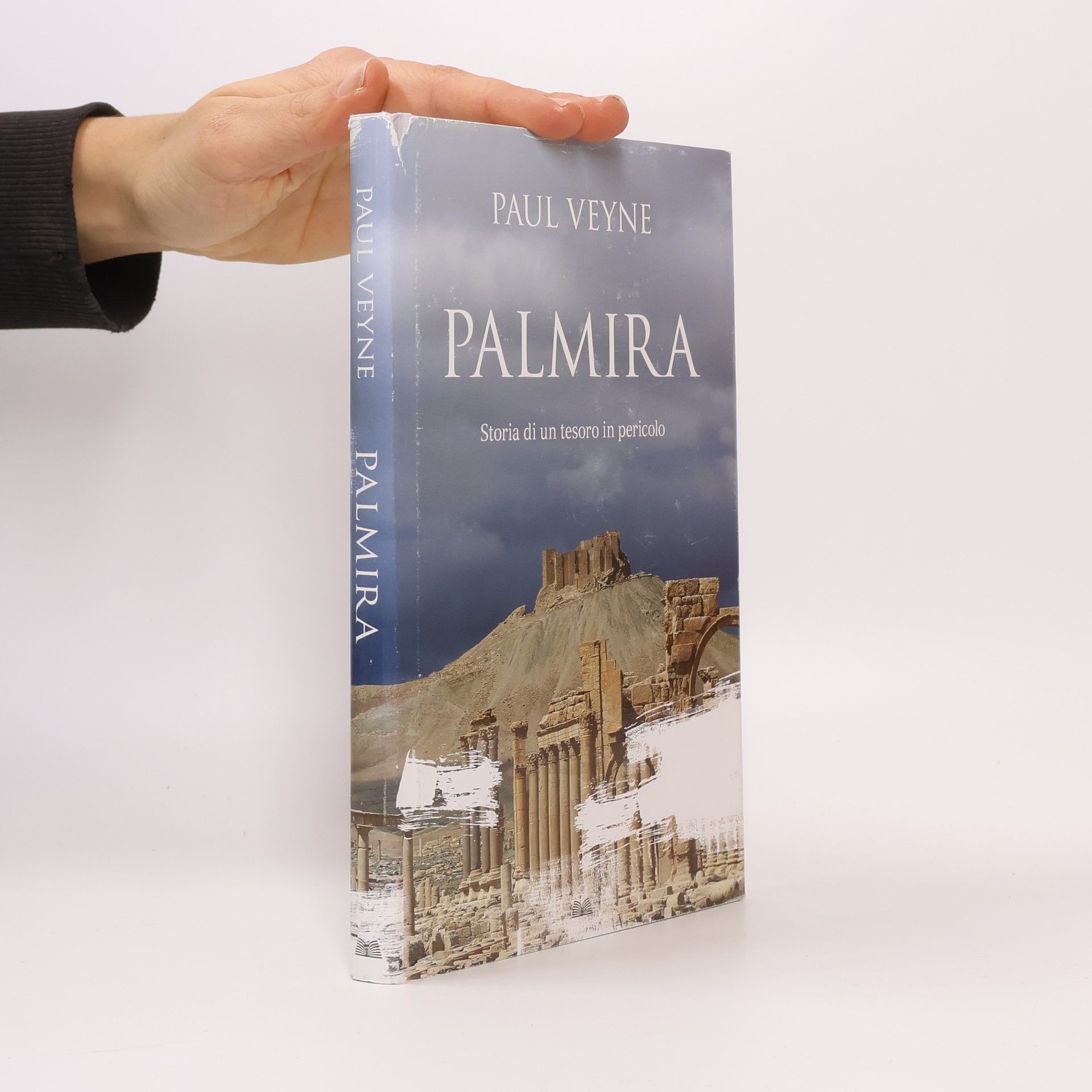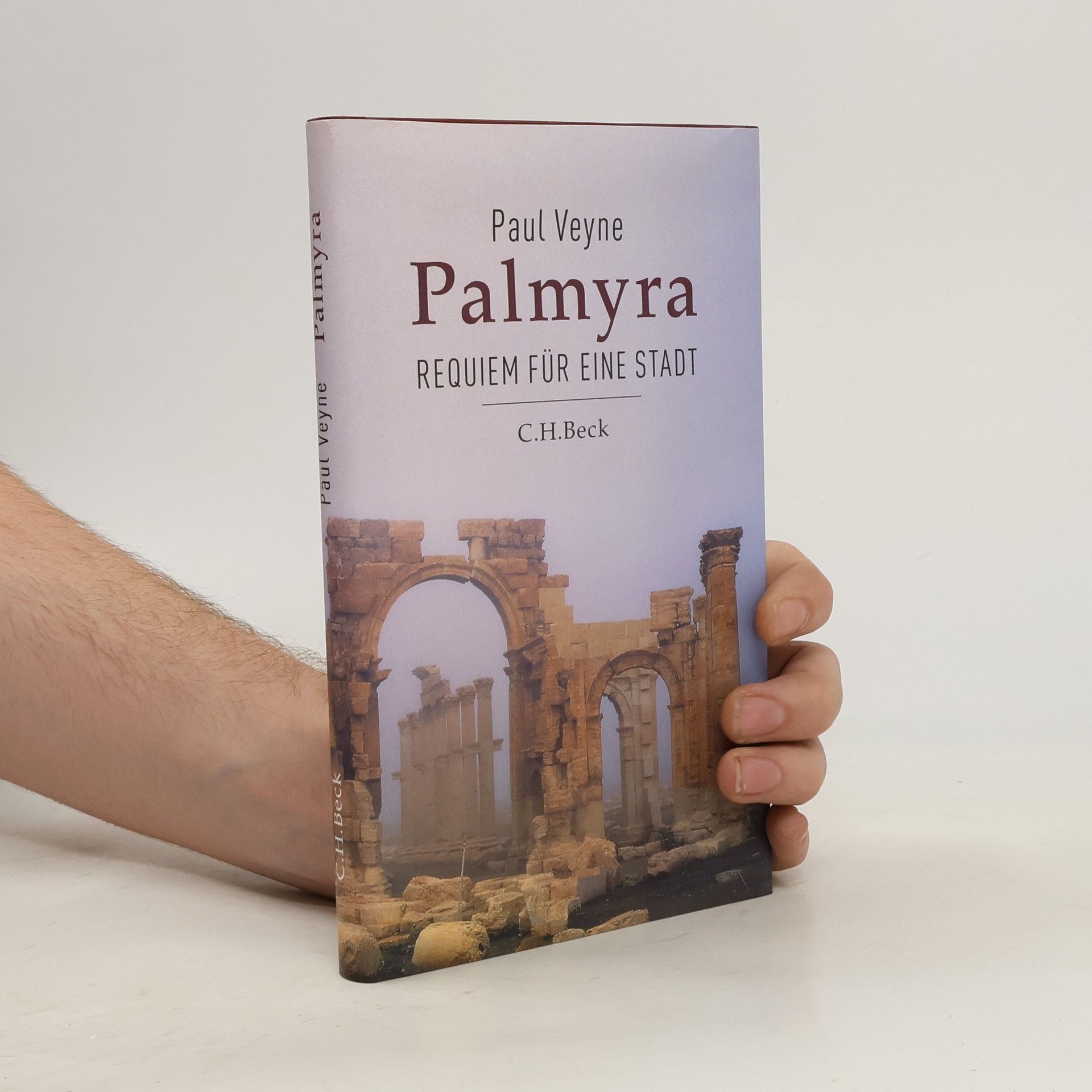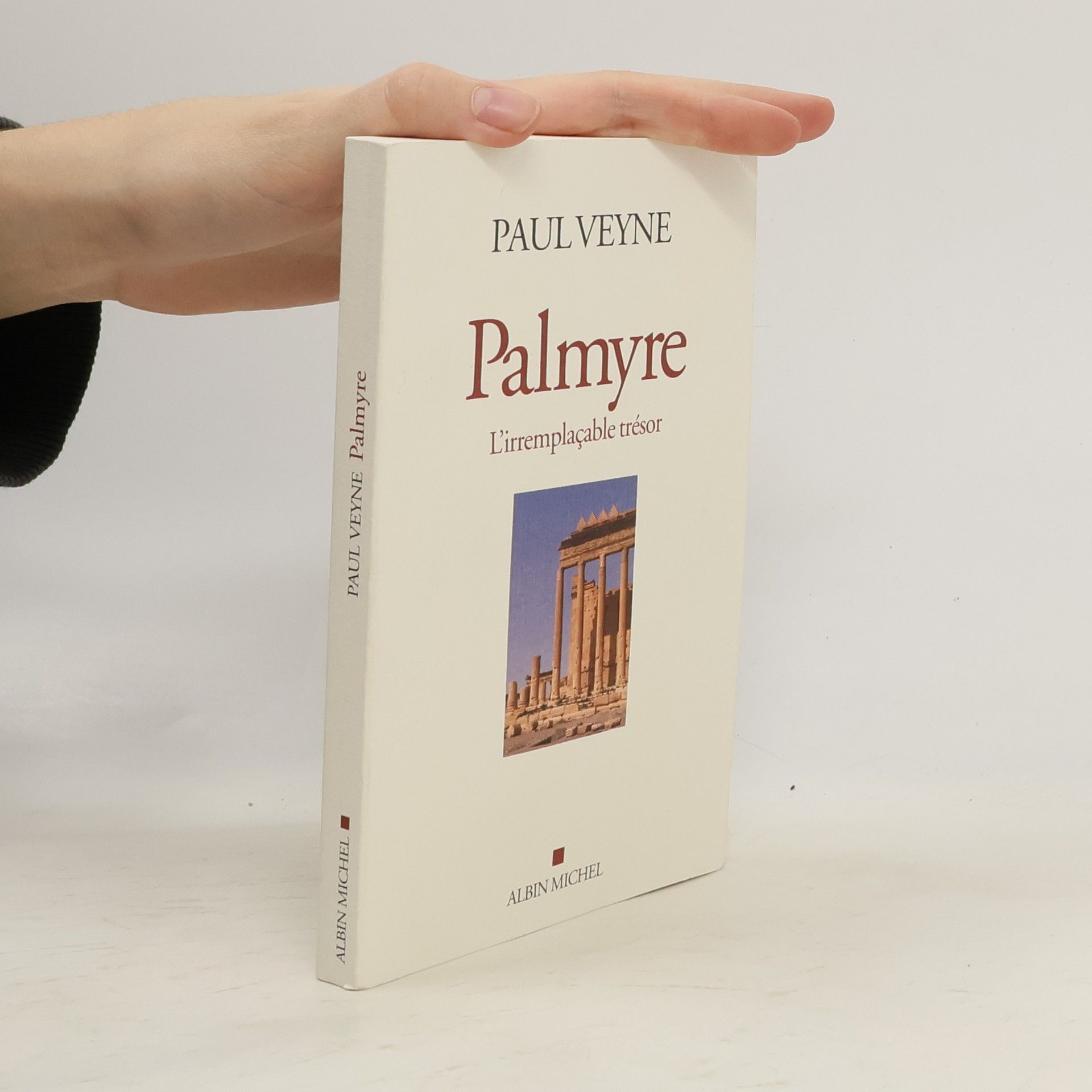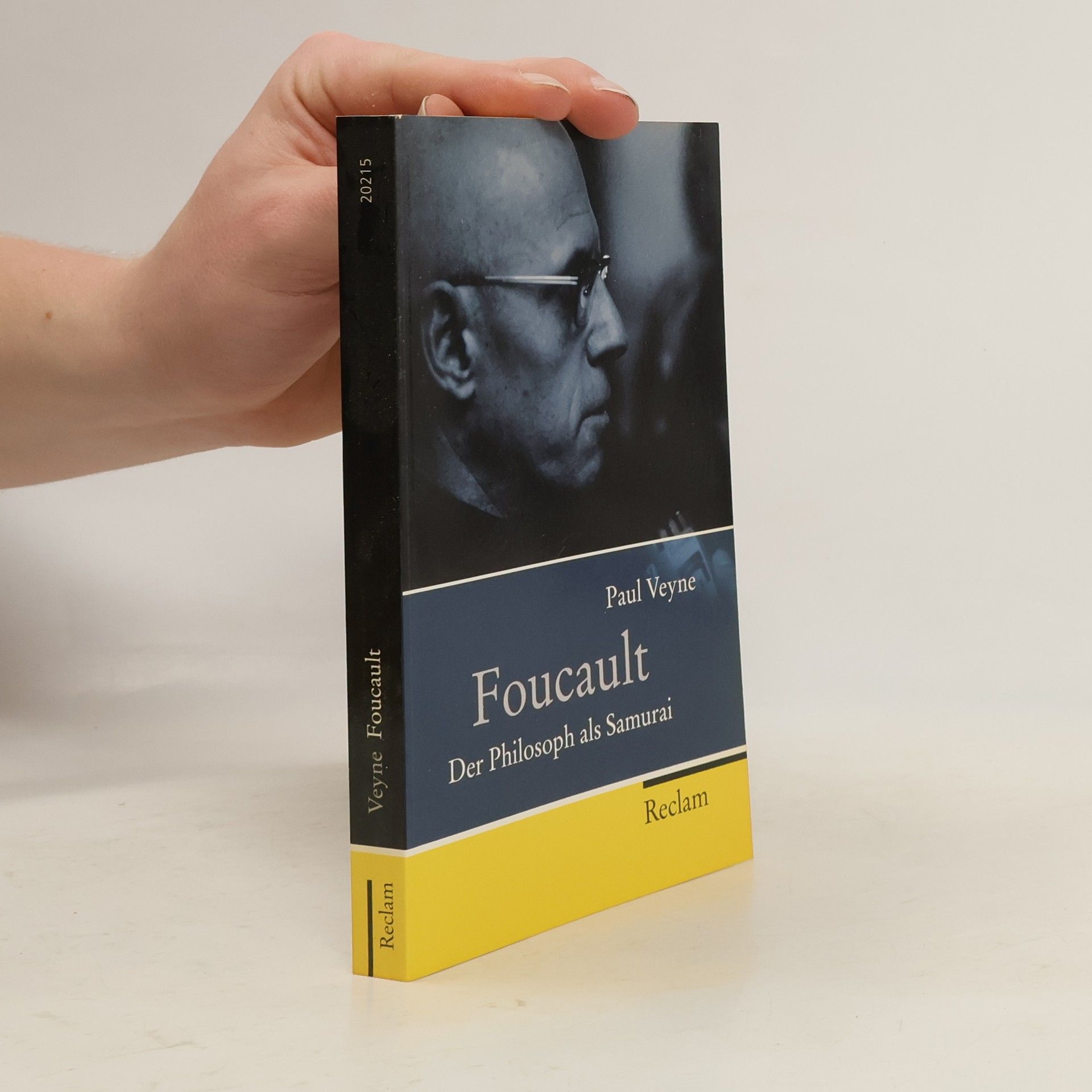Jak se náš svět stal křesťanským
- 214 pages
- 8 hours of reading
Jak a proč se římská říše ve čtvrtém století našeho letopočtu, tedy v době, kdy bylo její obyvatelstvo z devadesáti pěti procent pohanské a kdy byli křesťané většinovou společností vnímáni jako „nenormální“ lidé, christianizovala? Co přimělo římského císaře Konstantina Velikého, aby se jedné říjnové noci roku 312 rozhodl konvertovat ke křesťanství? Učinil tak na základě politického kalkulu, nebo z upřímného přesvědčení? Co tato událost pro další vývoj západního světa znamenala? Čím se nové náboženství od tradičního pohanství odlišovalo? A především: Lze oprávněně tvrdit, že Evropa má „křesťanské kořeny“, anebo je takové tvrzení pouhé klišé, které se při bližším zkoumání ukáže jako prázdná fráze? A jsme stále ještě křesťané, a pokud ano, v jakém smyslu? To jsou otázky, kterými se ve své rozsahem nevelké, leč myšlenkově hutné a intelektuálně podnětné knížce s názvem Jak se náš svět stal křesťanským zabývá jeden z největších znalců antického Řecka a Říma, renomovaný francouzský historik Paul Veyne. Jeho odpovědi, podložené desítky let systematického bádání a reflexe, mnohé překvapí… Kniha Jak se náš svět stal křesťanským (2007) získala Gobertovu cenu (Grand prix Gobert), již každoročně udílí Francouzská akademie, jakož i ocenění Senátu (Prix du Sénat du livre dhistoire). Časopisy LIRE a Le Point ji zařadily mezi dvacítku nejlepších knih roku 2007.

